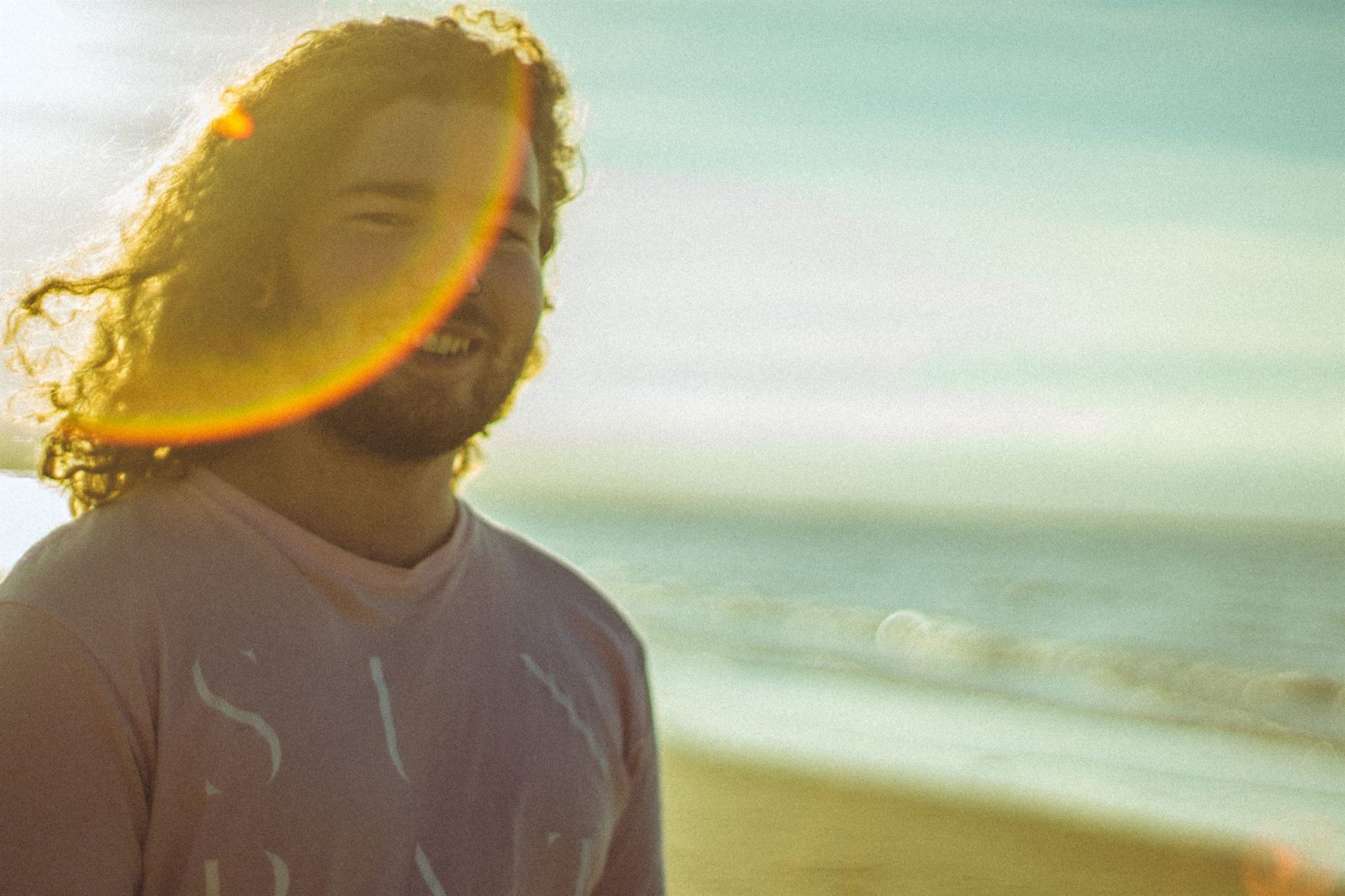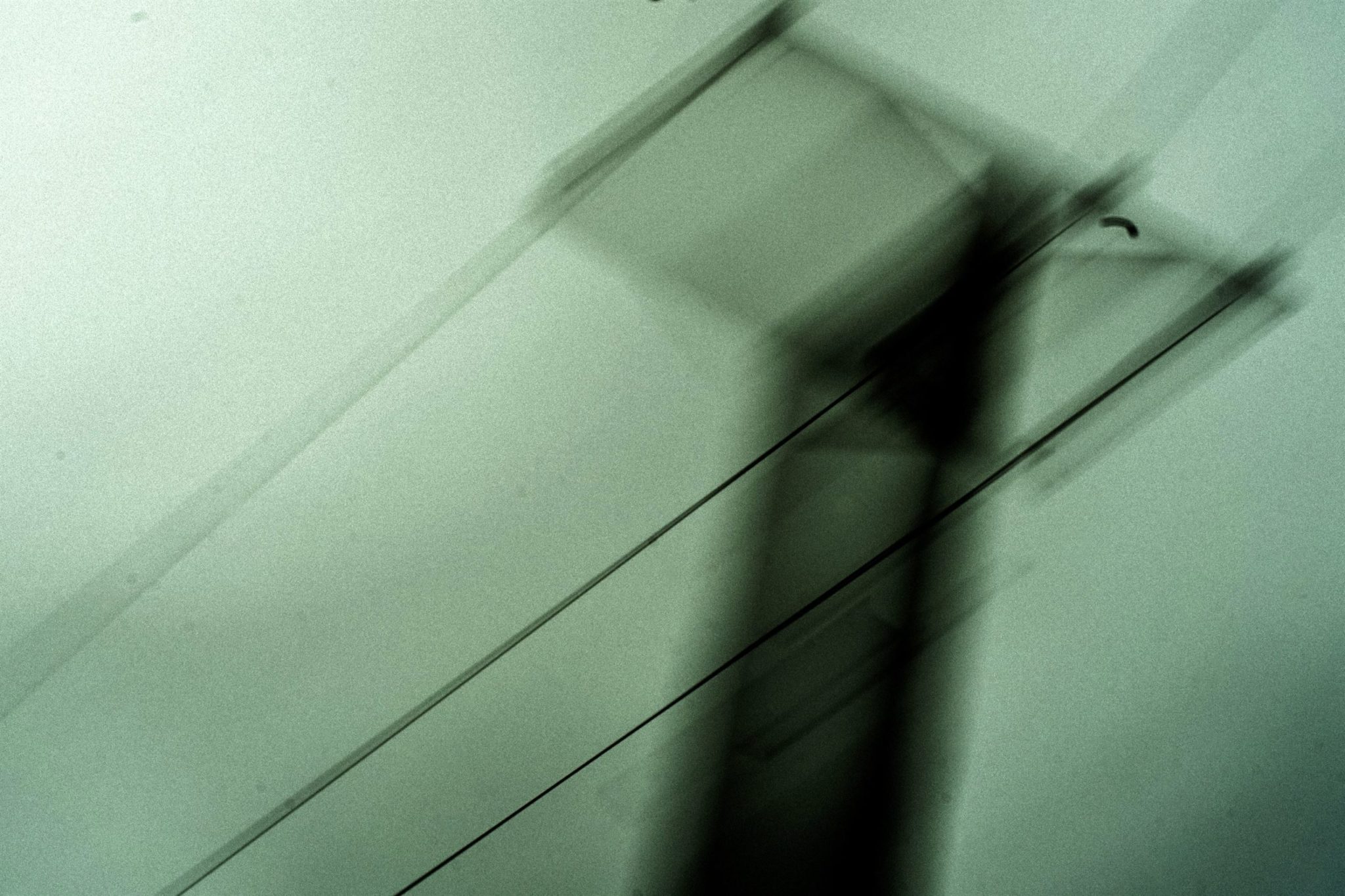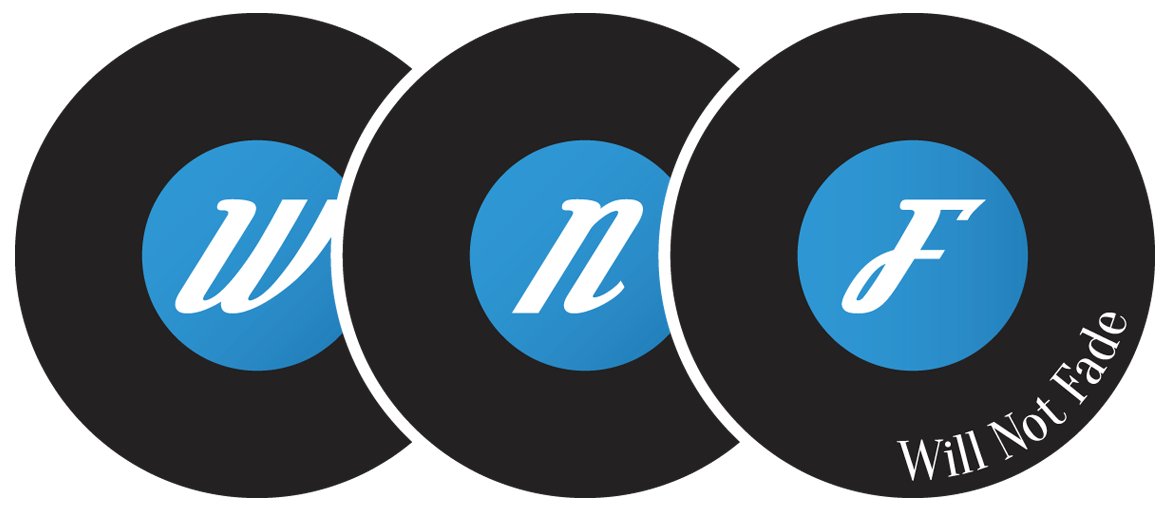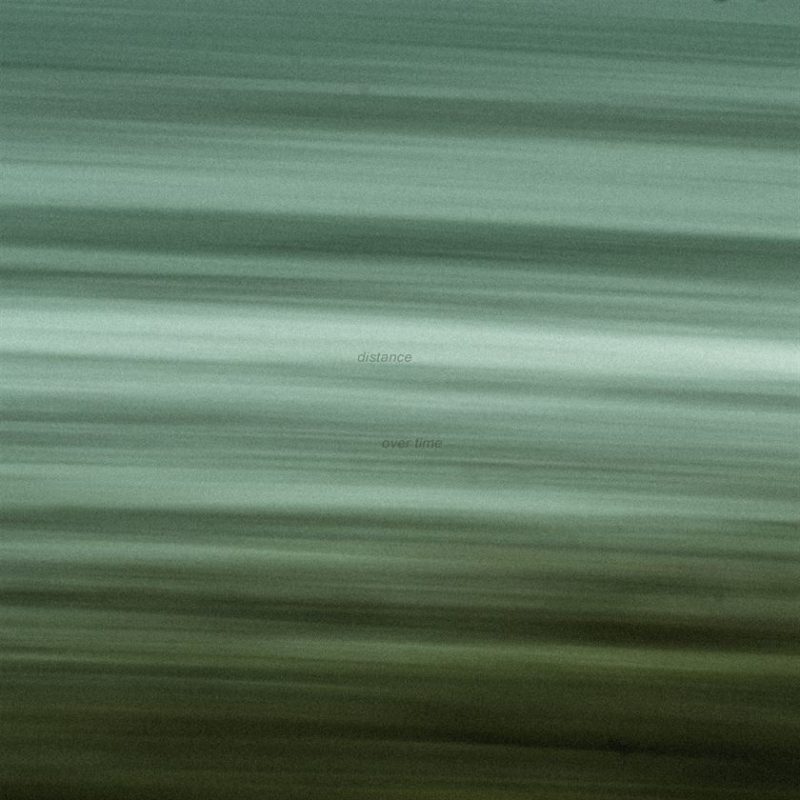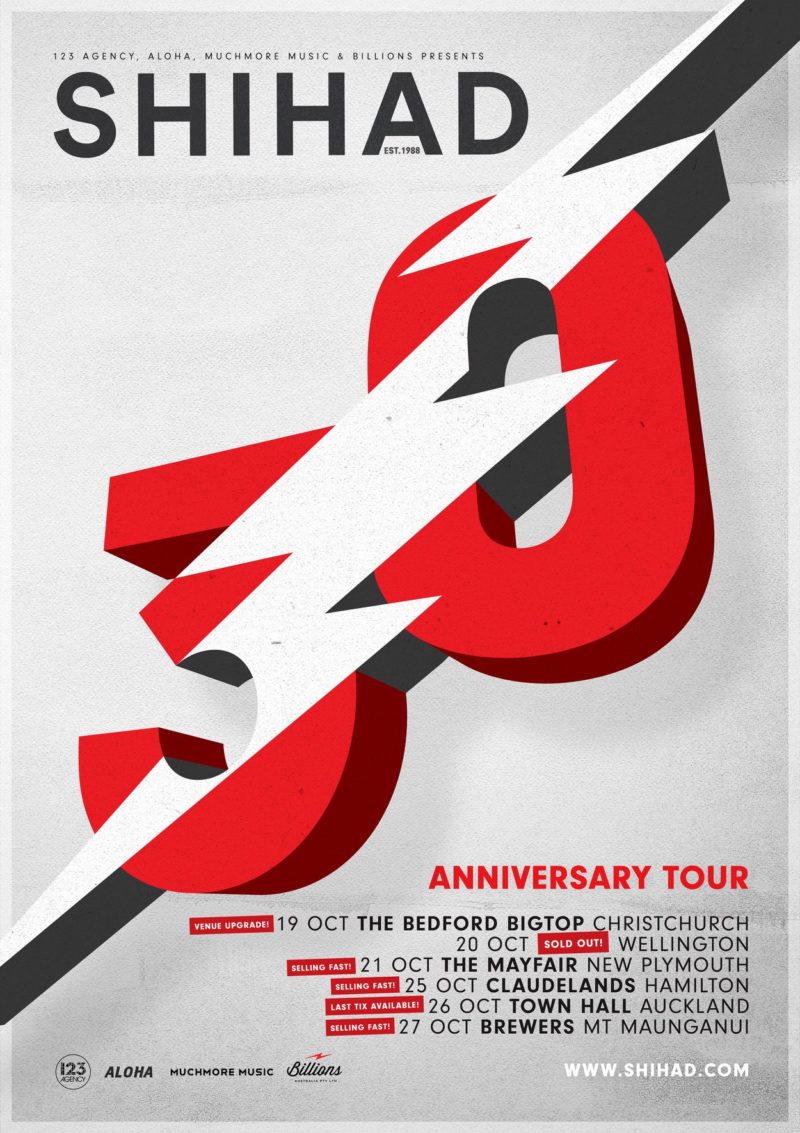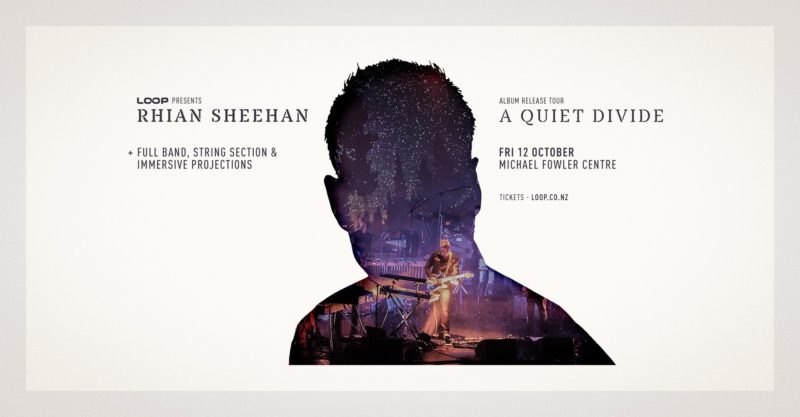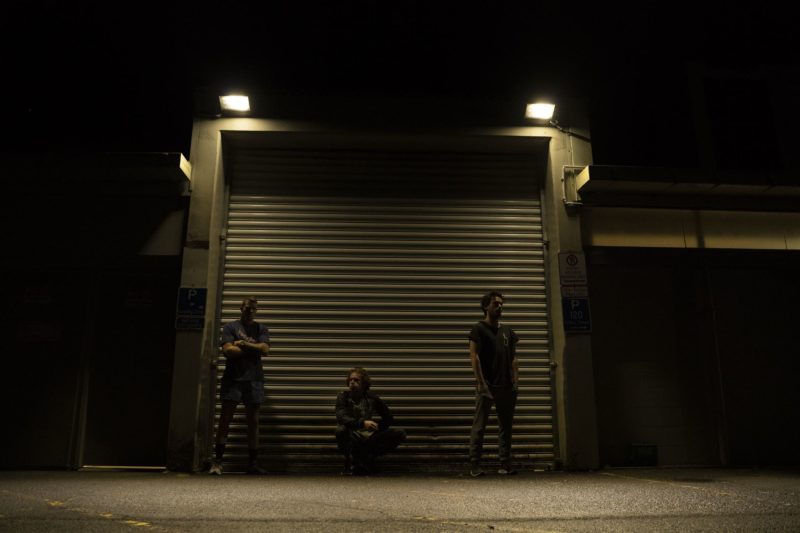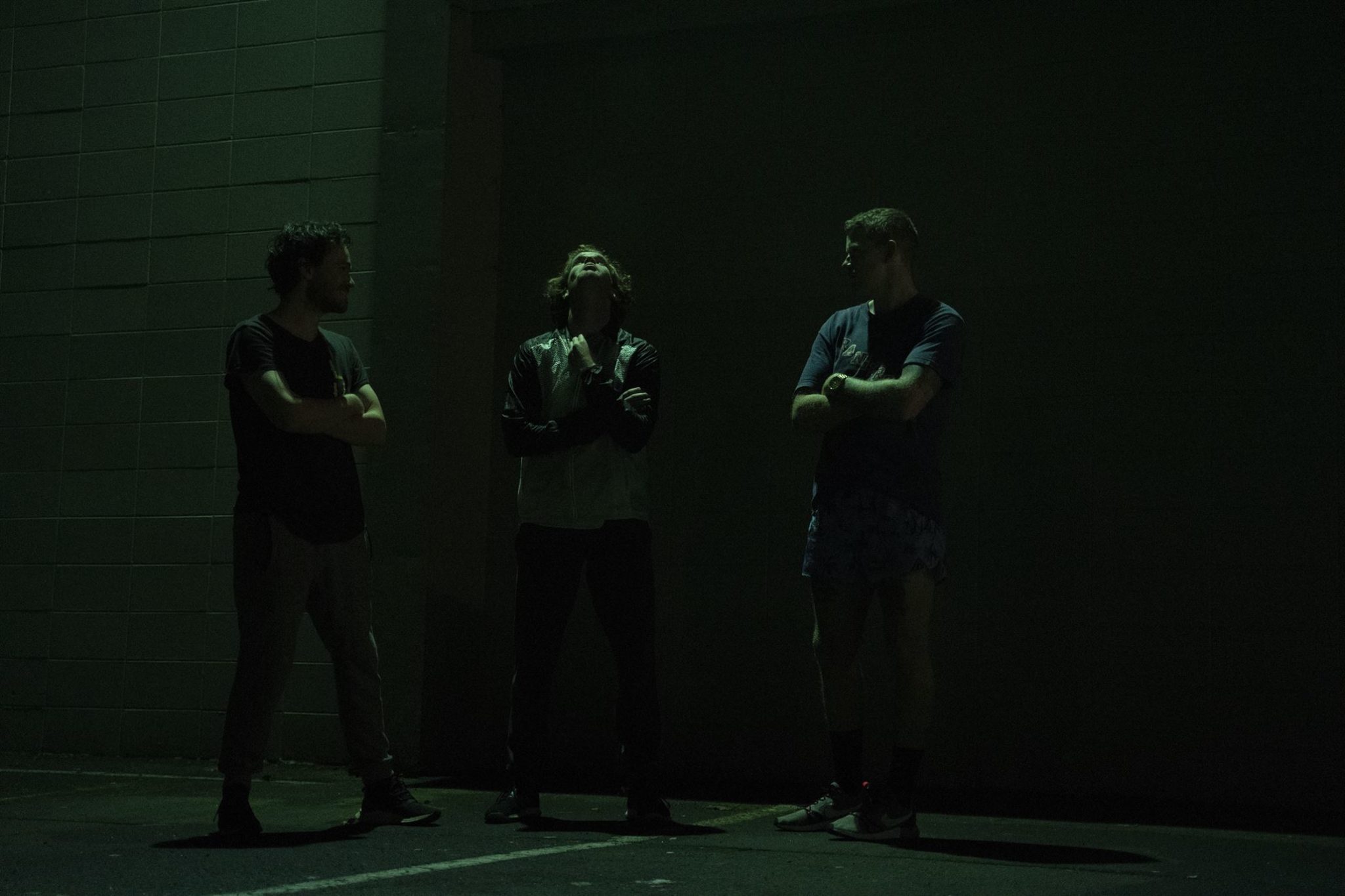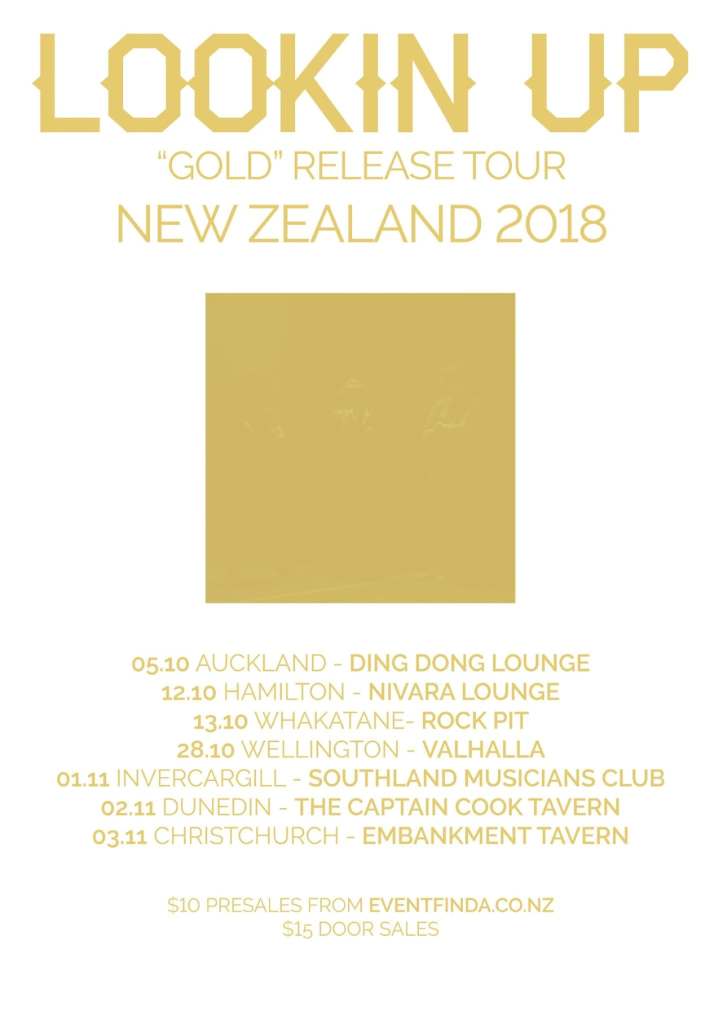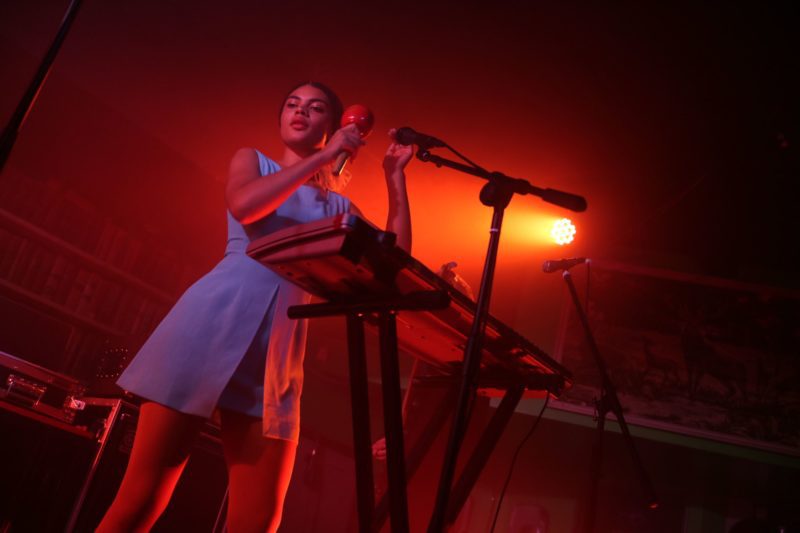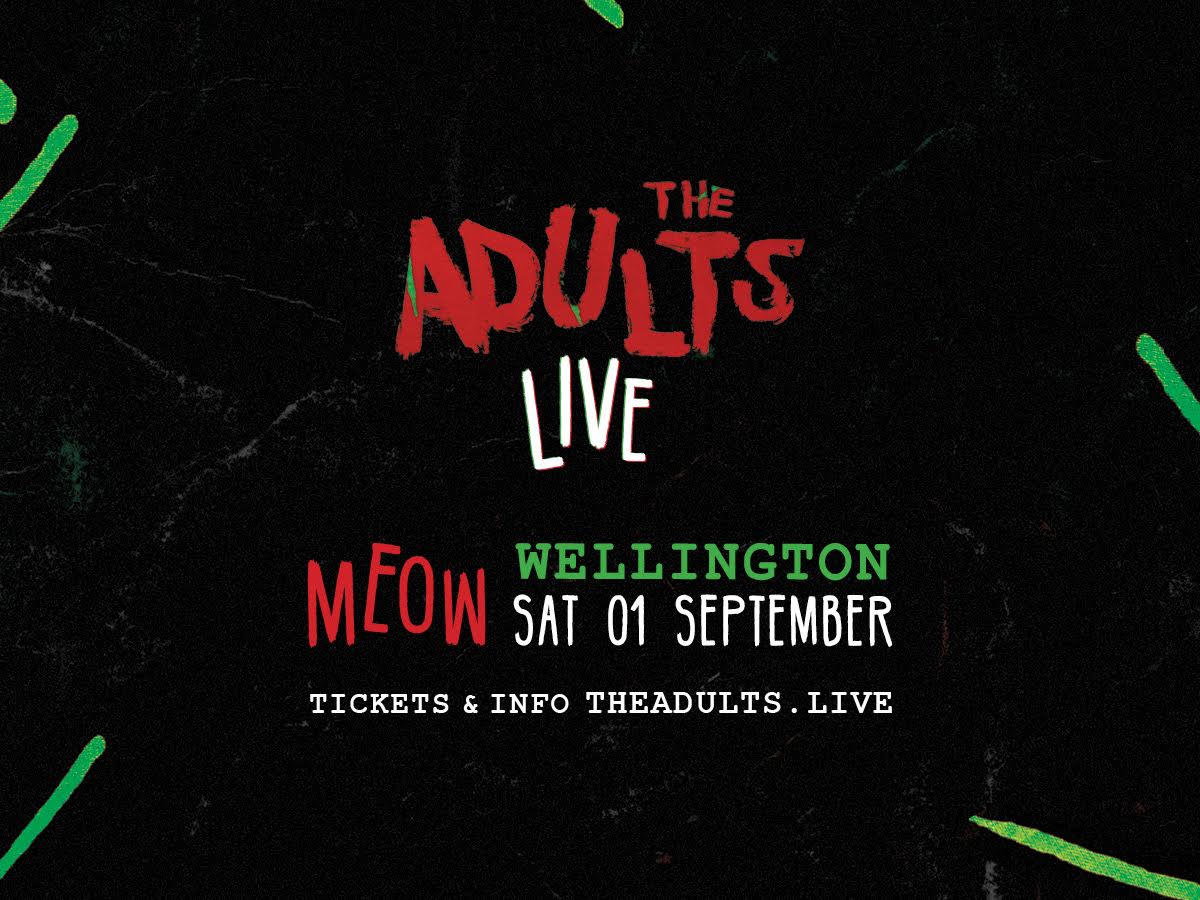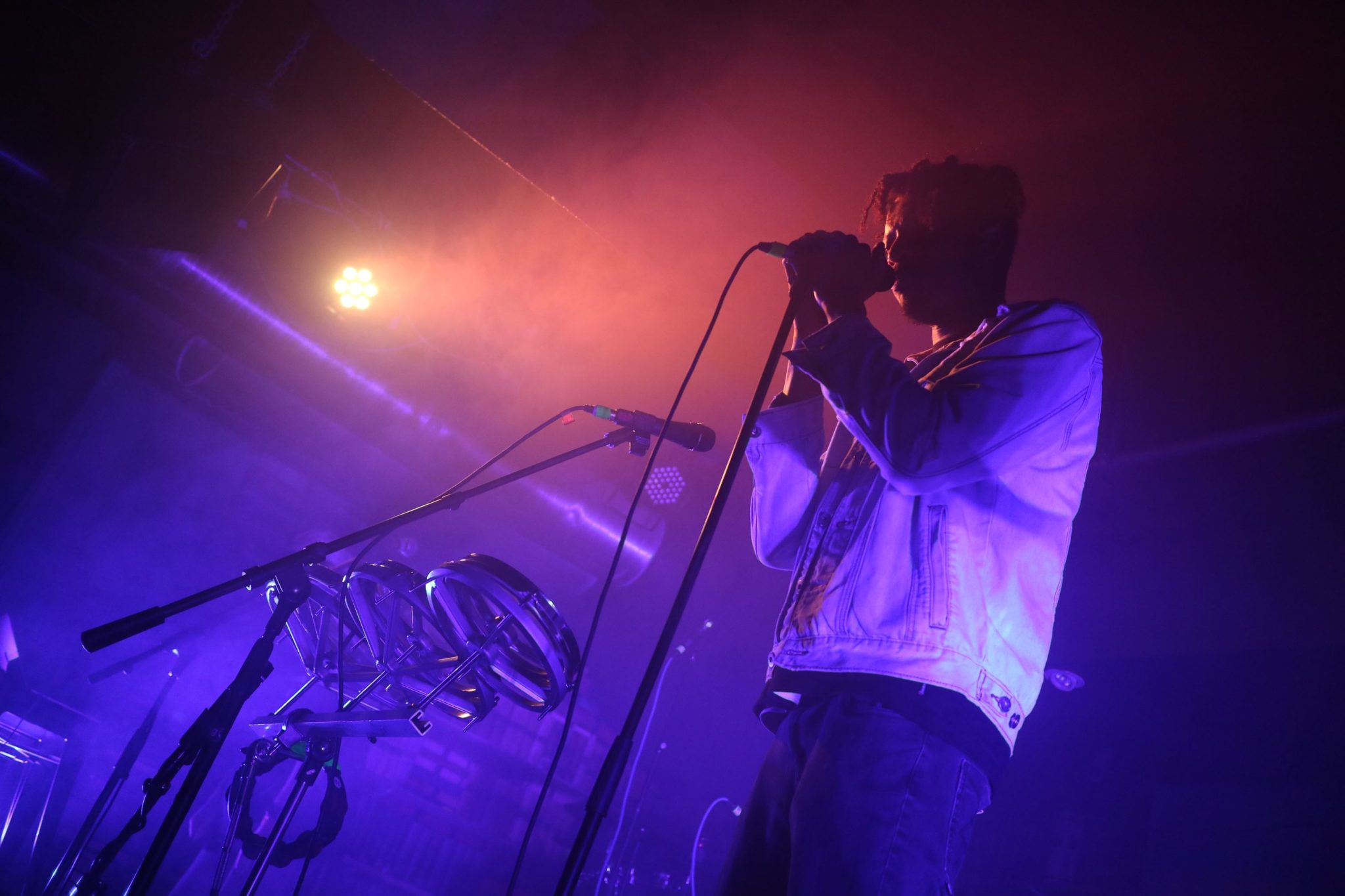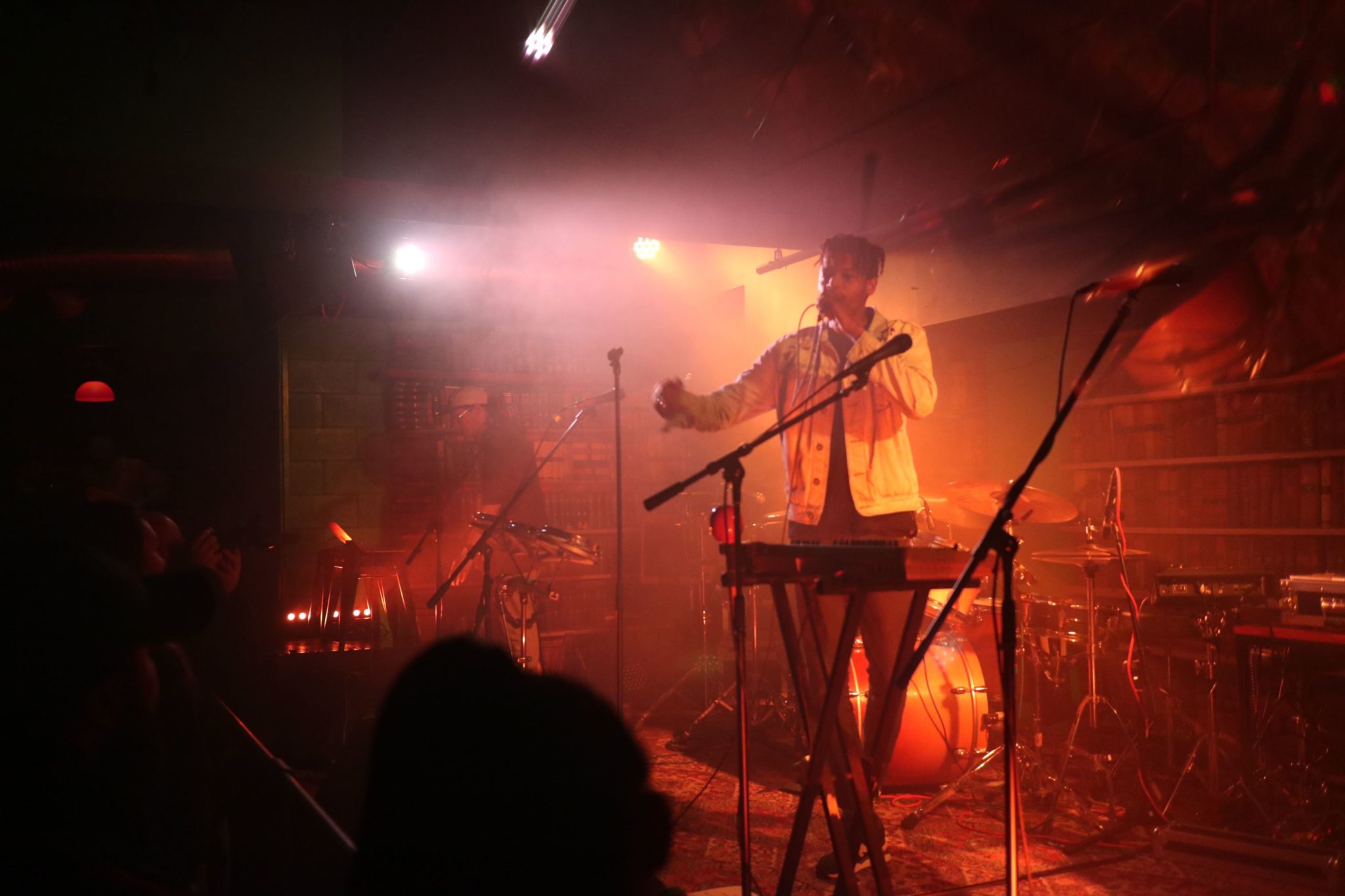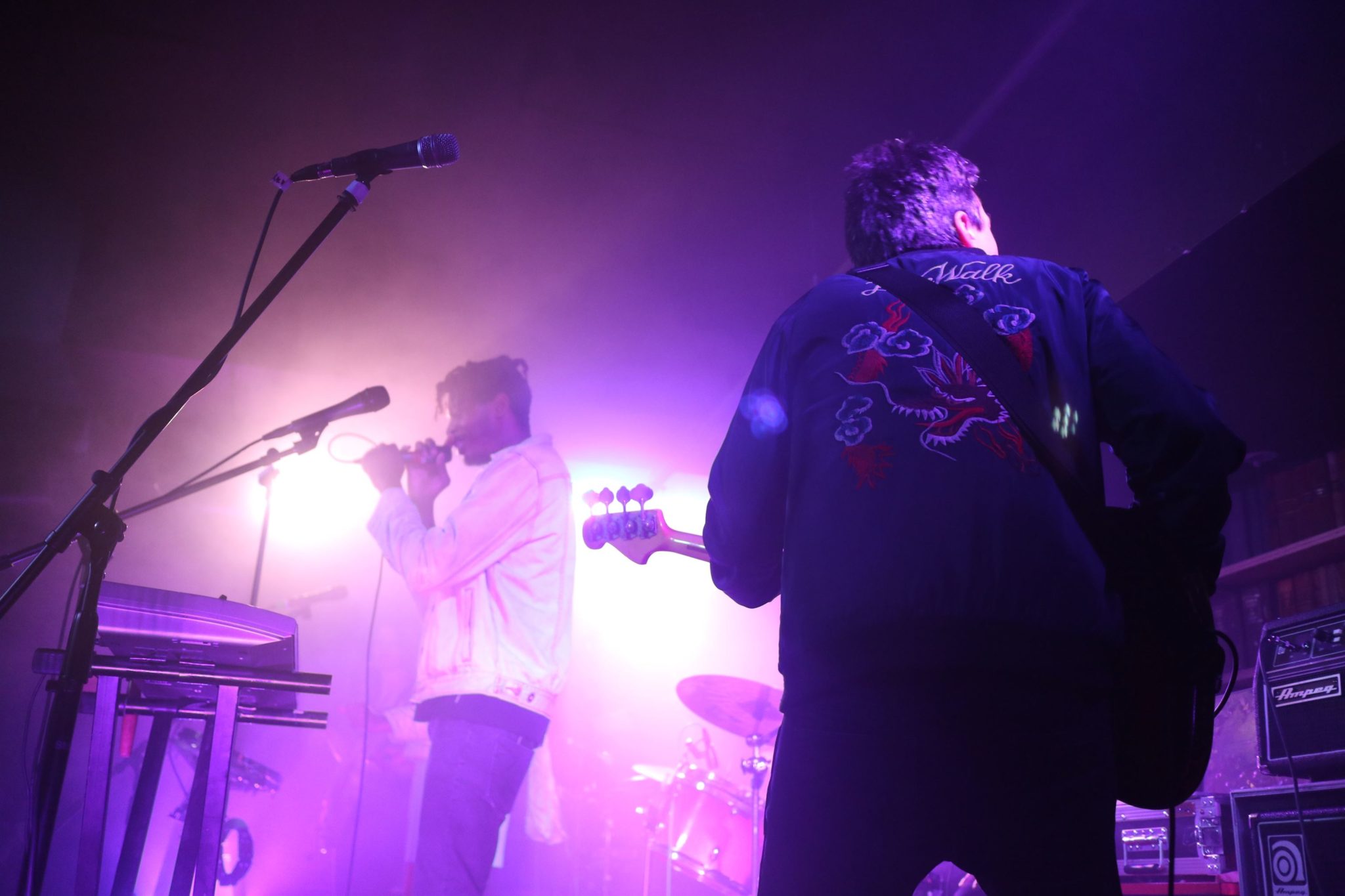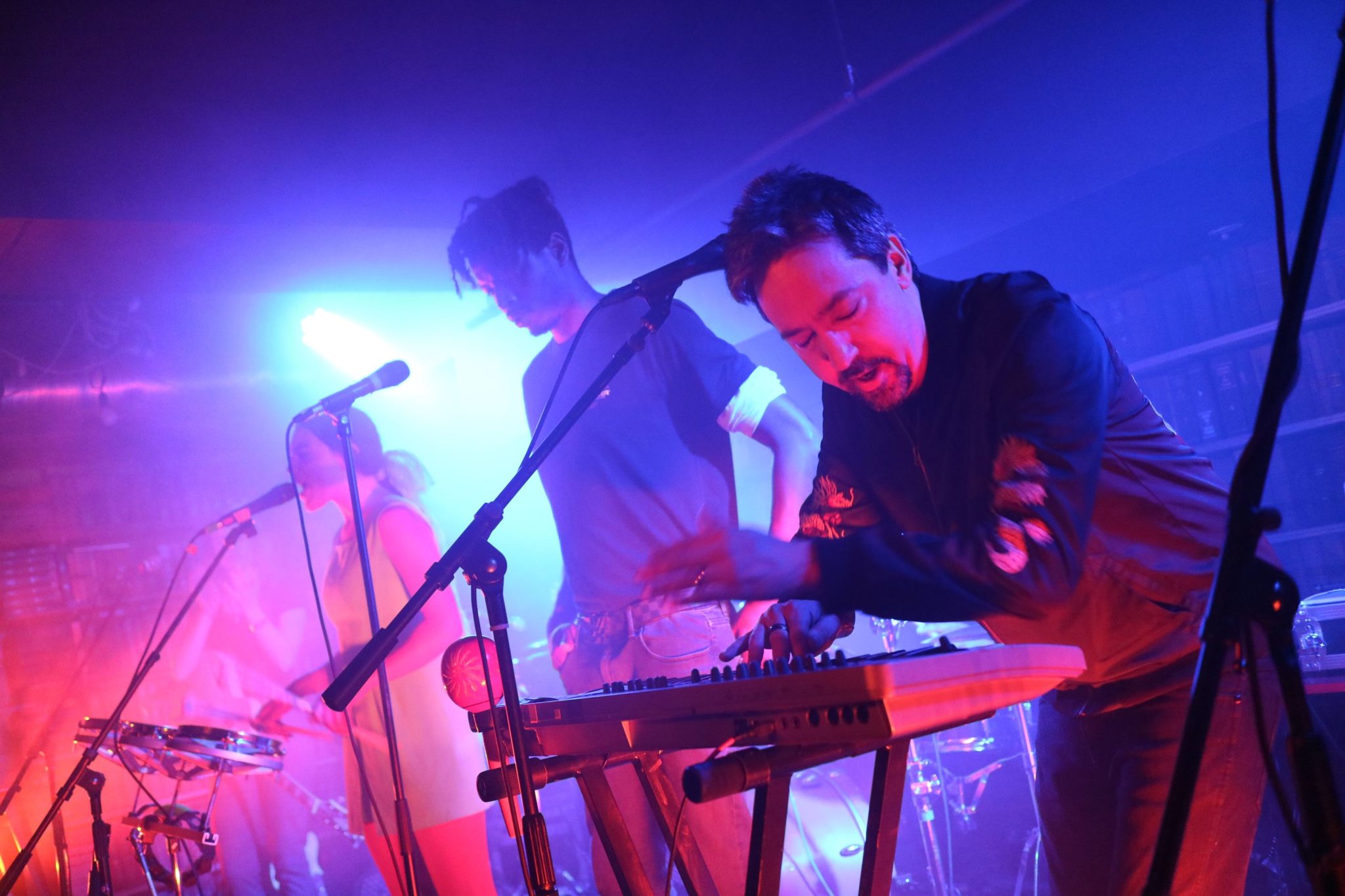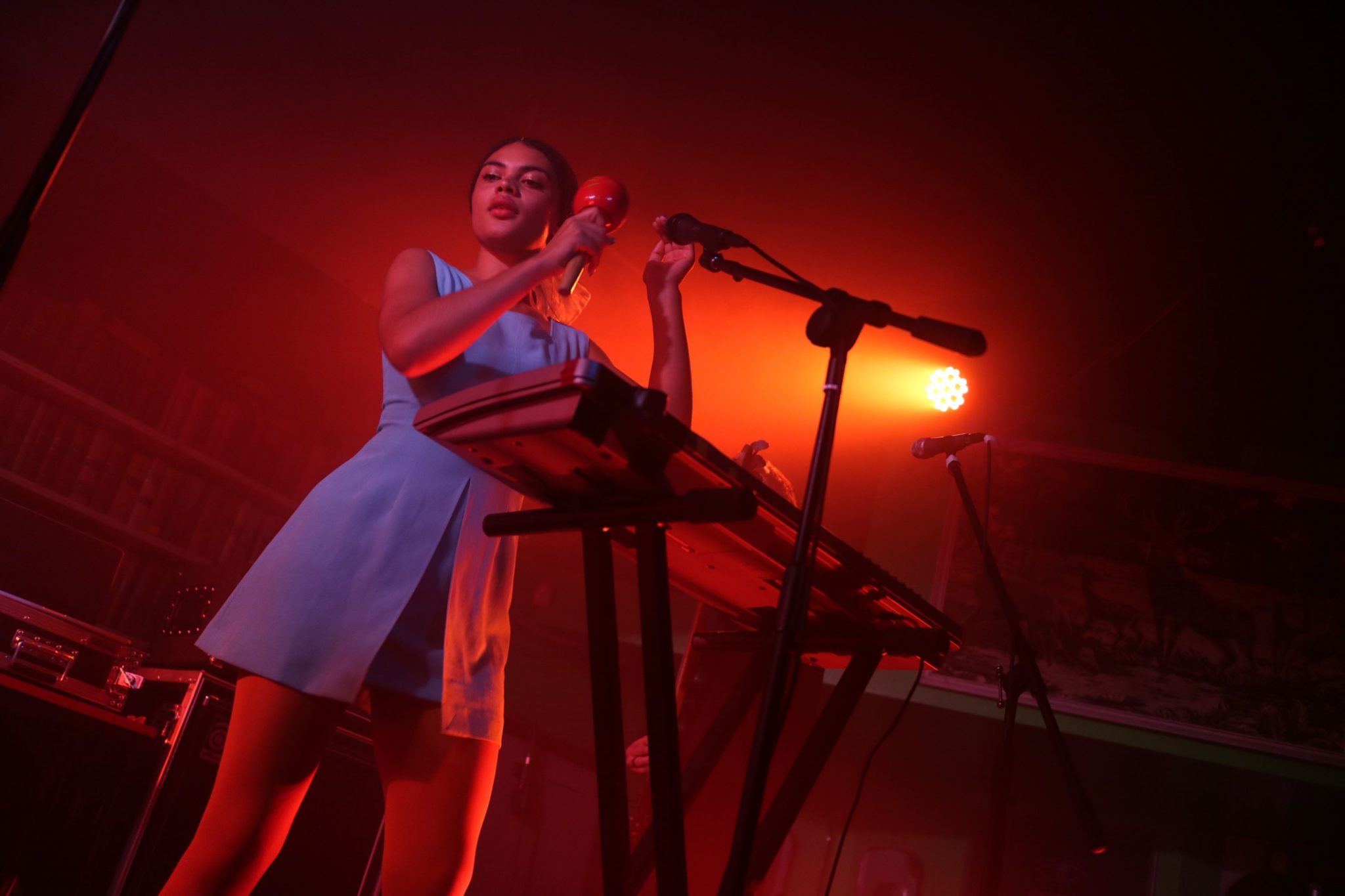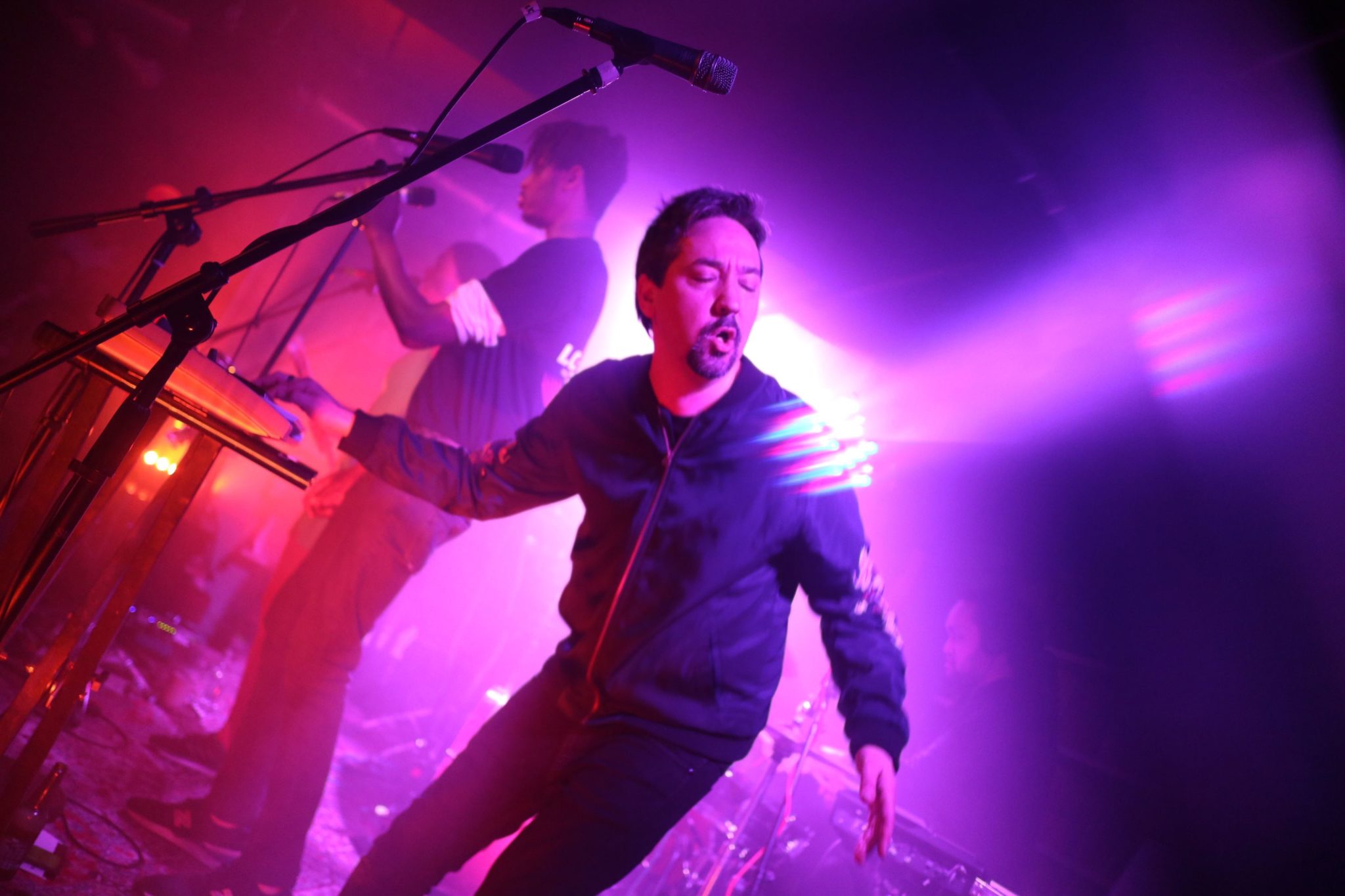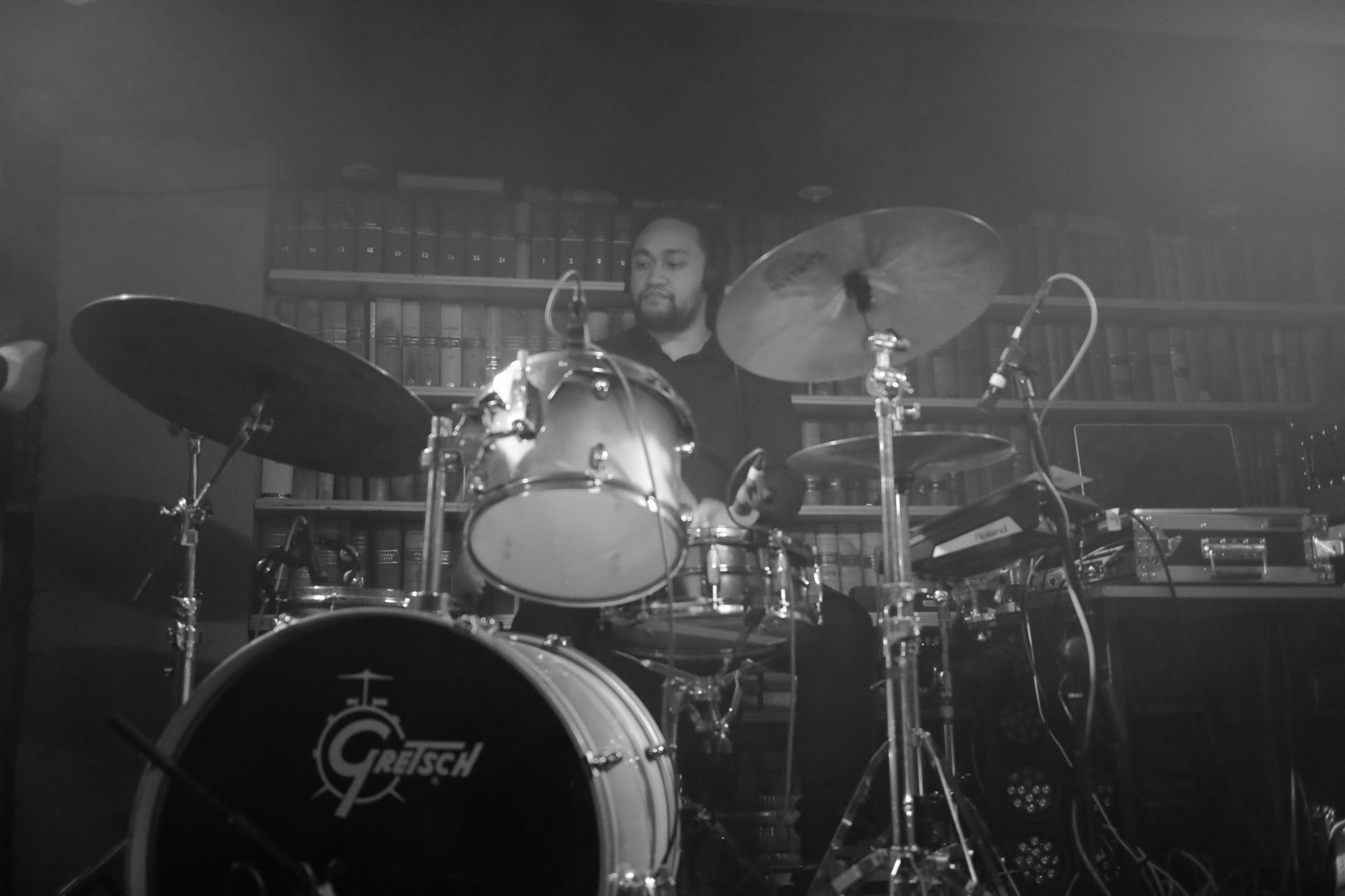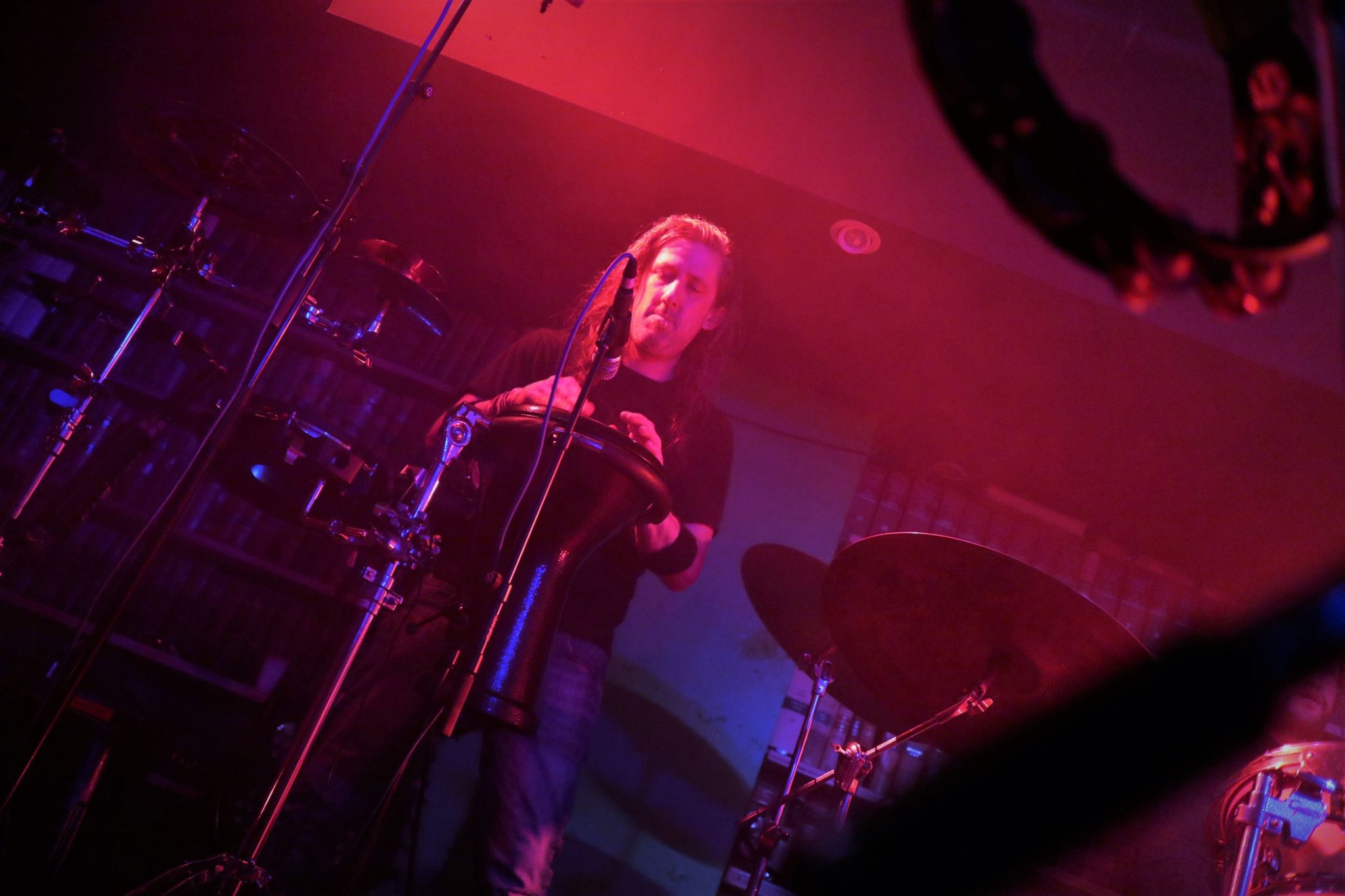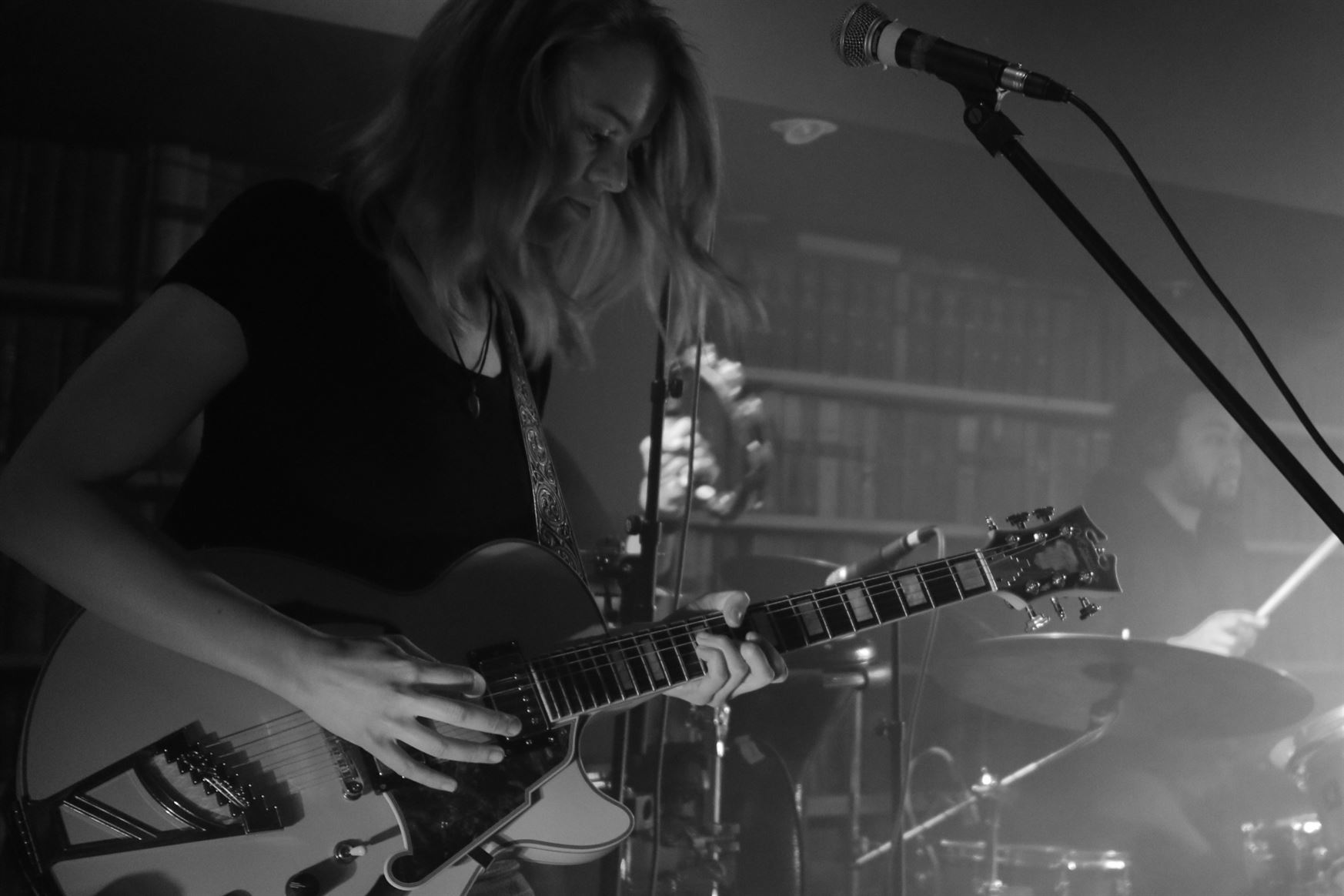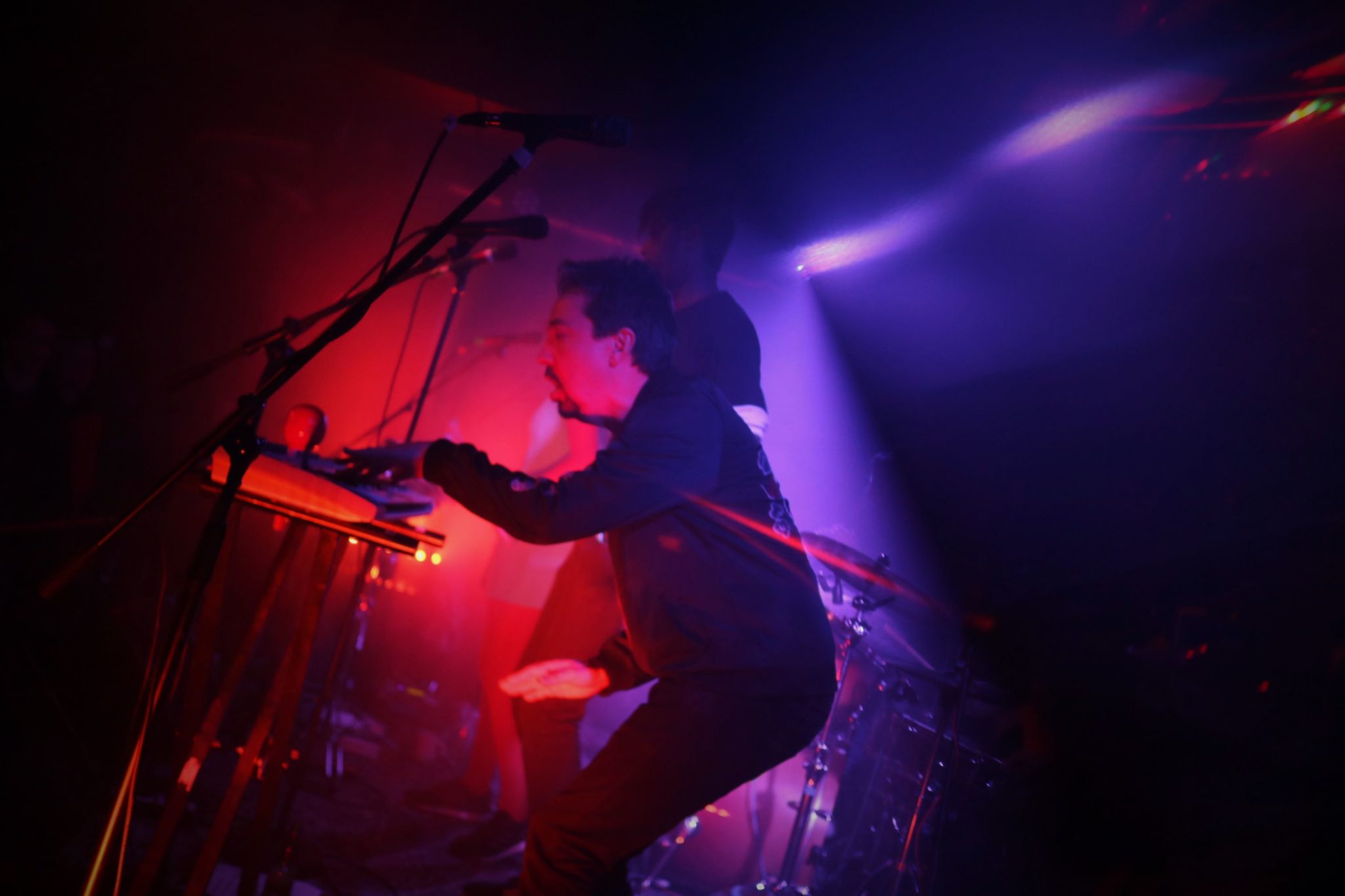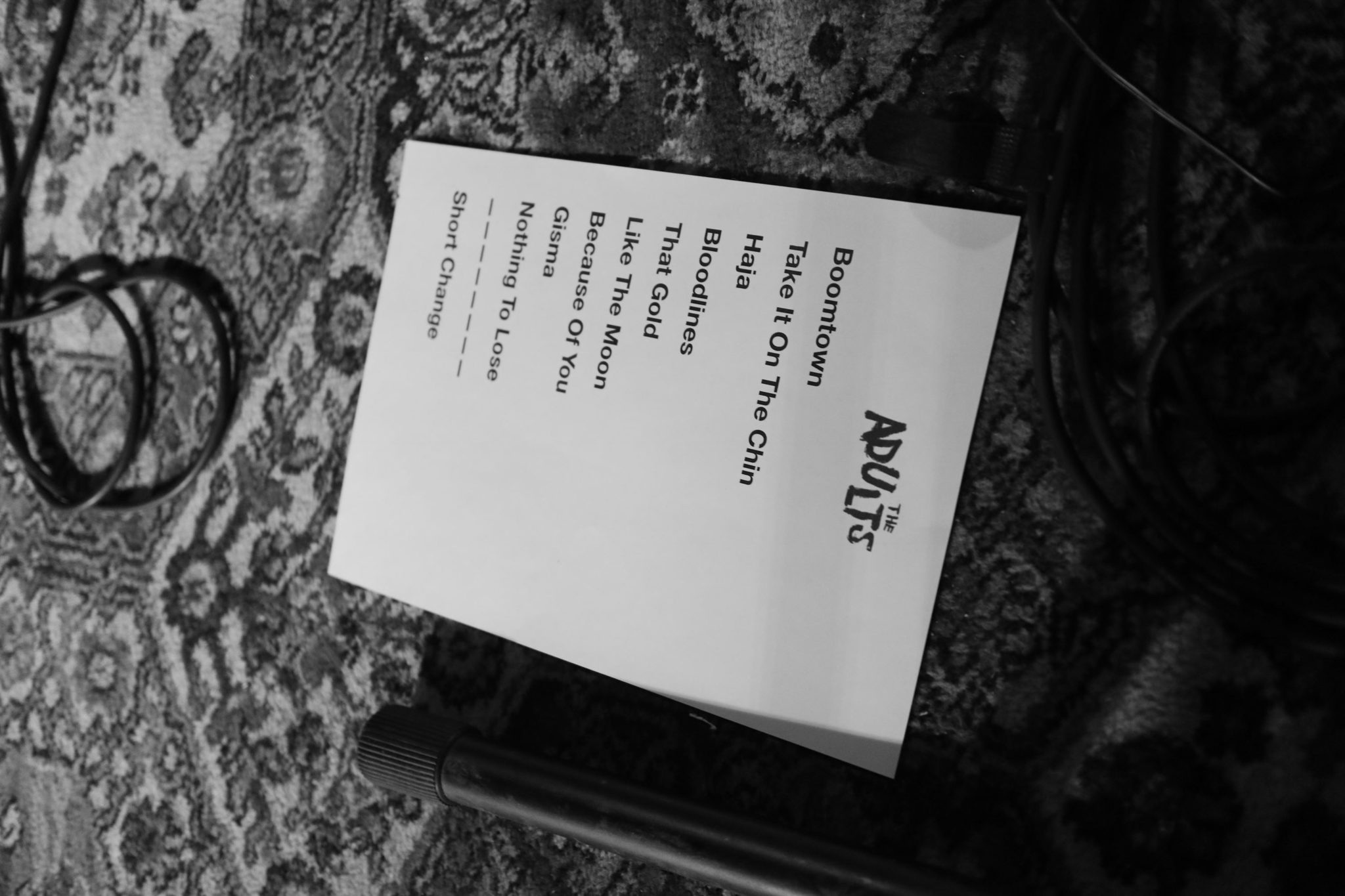New York hardcore legends Gorilla Biscuits came to New Zealand back in 2015. A group of us from Wellington all pitched in to rent a van and drove up for the gig. It was a great trip, with positive vibes and fun times all round. The show was a total blast. It was also where I first saw Lookin Up play, who had a supporting slot.
Lookin Up also played at Declaration AD’s final show, which was also an amazing night. It was bittersweet, because Declaration AD had been a huge part of my life for the past five years, and this show signaled the end of an era. But it was also the best night, with so many people coming together to celebrate their legacy.
And I’m sure I’ve seen Lookin Up a few other times – sometimes with a line-up of smaller NZ hardcore bands, and sometimes opening for bigger names like Turnstile. But those shows I just mentioned are the two that stand out for me. Every time I saw them, I remember being impressed by the intensity, positivity, and the sheer fun nature of their sets.
Lookin Up are releasing their second album, Gold, on Friday 5th October, so I had a chat with Luke Cooper to hear about recent changes the band have gone through, the new album, and touring around the world.
https://www.youtube.com/watch?v=E2dDRTY-eTE
Will Not Fade: Lookin Up have dropped off the radar for a while. Now you’re back, with a new album and a different lineup. Talk me through what you’ve been up to.
Luke Cooper: Oh man, we have been up to so much. A few days after the Rise Against show in December 2015, Rowan and Levi told us they were leaving, so we knew the Turnstile tour in January 2016 will be our last shows with that line up. Jamie and I were thinking about whether or not we wanted to carry on and decided to take the rest of 2016 off to reset. I continued to write and by the end of 2016 we were ready to go again. We spent most of 2017 building the band up again in the rehearsal room and at the start of this year we had over 20 songs that we were proud of. We were ready to get back to playing shows again, so we booked the NZ tour and then headed off to Europe to record the new songs and play a bunch of shows.
Are you still playing Reborn material, or did that era of the band finish when Rowan and Levi left?
Yeah definitely, we still really like that album and all of those songs are fun to play, so I don’t think we will ever stop playing at least a few of them. We wrote the new songs to intentionally integrate the 2 albums into our set and all the new songs are a natural progression from what were we doing in Reborn.
You’ve been through a number of lineup changes over the past few years. What were the key things you were looking for when trying to find new members to join the band?
Yeah, we had a really good dynamic and understanding with Rowan and Levi. When we first started the band, we set some goals and achieved every single one of them. This got us to a point where we either had to start investing a lot more time and finances into international touring or to just call it a day. Rowan had already been there with a bunch of other bands and he and Levi both didn’t want to commit in the way that they knew they needed too. Jamie and I still believed in what we were doing and saw potential in it, so they encouraged us to keep going.
Since we had already done over 4 years of ground work, we needed to find people who were ready to take the next steps with us. This has taken a few different combinations of people to really work out, but with Chow on board we are good to go.
Dylan’s nickname is Chow Ming. I remember this being super confusing when I first met him. Have you got any funny stories about this?
Haha yes it was very confusing. I remember when Chow changed his name on Facebook and lost hundreds of friends because no one knew who Dylan Stubbins was. Back when he was in Blameless and they toured with my old band Punisher, we played in Christchurch and took the ferry down. On the ferry ticket I listed his name as Chow Ming, because I was so used to calling him that, and he had to get a note from his mum saying that he although his ID says Dylan Stubbins, he is Chow Ming also hahaha
Do you ever dress the same to be cool onstage? Just wondering if a Brave Sons influence rubbed off.
Oh yeah man, Brave Sons are the reason we started playing music.
You recorded Gold in Norway. Why Norway?
Once we had an albums worth of new songs, we started looking at recording options. I have a studio at home and it would have been really easy to just record it there and do what we have always done. But we wanted to try something new, so I typed into google “Cool recording studios” and a picture of Ocean Sound Recordings popped up. It was one of the most insane things I had ever seen. I contacted the studio manager, it turned out to be affordable and we started to plan our year around that. Since we were already in Europe, we decided to play some shows so I reached out to a bunch of promoters and booking agents and made it happen.
How long are your sets? I have 23 minutes of Lookin Up music on my computer. How much music do you need (duration-wise) to warrant touring?
Haha with Rowan and Levi our sets were about 15 mins of pure carnage but that was enough for those sorts of shows. With the new album we have built more of a sustainable set and can play up to around 45 mins if we need too. I think that if you are supporting a show and can cram 9 insane songs into a 15 min set, it helps people remember your band without burning everyone out before the headliners come on.
What happened to the 2017 demos? (“Break” and “Proud”).
Oh yes, we got restless for a month or so and with the line up we had at the time, we recorded those 2 songs and booked a few shows. That line up didn’t last very long so we took them down and re-worked them. A new version of “Proud” is on Gold
I’ve tagged along with bands on tour around NZ, America and Europe. All offered vastly different experiences. Can you tell me about your favourite places to play, and why?
My favourite place to play was Aarhus in Denmark. The venue was a youth building, a lot like Zeal and we had driven 6 hours from Netherlands to be there. We weren’t expecting much but it was one of the best responses we have seen as a band. We ended up getting about 100 Euro for the show and didn’t have to eat stale bread and apples for dinner again hahaha
I’m sure that you have played a wild range of venues. Are there any unusual ones that stand out?
We played a café in Prague where the show was free and the café was open to members of the public. People brought their dogs and children in to get dinner and had to deal with some of the loudest most aggressive music you can imagine. The toilet was right next to the stage and I remember young kids and old people walking right past me terrified and blocking their ears all night. No one spoke English either so it was really interesting working out what to do in between songs.
A world tour of 100 shows is a big commitment. What strategies do you have in place to stay sane on the road?
There will be a whole lot of kick boxing sparring, a whole lot of jiu jitsu a whole lot of bombs [I assume Luke means jumping into water here] and a whole lot of Astrid S and Sigrid in the van. If everyone in the van gets in a routine and eats well, its pretty easy to stay sane on the road.

Image: Dylan Gerschwitz
Luke, are you and Jamie brothers? How does this affect the band dynamic?
Oh yes we are, its one of the worst things you can ever imagine. I definitely would not recommend it.
Is music a viable career in 2018? Can you break even – or better yet – make a living as a musician? I know that you are an engineer, and do recording and mixing for a living, Luke. What about the other guys?
I think a career in music is more viable now than ever. Bands definitely aren’t selling as many albums as they used too but they are all making way more money touring than ever before. Like every industry in the world, you have to work hard and make wise choices. At the moment we all have other jobs that enable us to pay our bills, fund the band and generally be functioning members of society. But we wont need to do that for much longer and we have every intention of making this as financially viable as possible.
What has been your highlight to date? And what are you most looking forward to?
That trip to Europe on the whole was an incredible experience. We learned a lot about our selves and what is actually possible as a band and we came back from it with a defined sense of direction. Writing and recording an album is a massive strain on time and energy so we are really looking forward to playing as many shows as possible in as many places as we can.
Tell me about Gold.
Gold is 11 bangas that we have been working on for the last year. There are some songs that will confuse people and some songs that are reminiscent of the Reborn era. We got our friend Greg Haver to help produce the songs, his engineer Brendan Davies came with us to Norway and was an absolute wizard. Tom Lord Alge mixed the 3 singles and helped me out with the remaining songs and Ryan Smith at Sterling Sound mastered the album. Everything sounds exactly as we intended and we couldn’t be happier. We can’t wait for people to hear it.
I really dig the two singles I’ve heard so far. “Don’t” has a mean groovy riff. And I love how the vocals on “Enough” alternate between sounding strong and distant. It’s quite moody but at the same time direct. Neither song is as heavy as your early material, but I am thoroughly enjoying them.
Thanks man, we spent a lot of time working on structured song writing and arrangement of those songs and wanted to record them as well as possible. Recorded, they aren’t as trashy as Reborn but live they are some of the heaviest songs we have ever written.
What is the key message that you hope people hear as they listen to your music?
We just want people to leave our shows feeling better about their lives in general. We focus on positive messages with our lyrics but everything is open to interpretation.
Do you ever get the urge to have Joel Little produce you so you can become the next Lorde? [Rowan who used to sing for Lookin Up was in the band Goodnight Nurse with Little]
Hahaha absolutely, watch this space…
Can you please list your favourite dog breeds?
Bonobo Chimpanzee
Lookin Up are releasing Gold on Friday October 5th, with a NZ tour taking place in October and November, and international tour to follow.

Lookin Up are:
Jamie Cooper – Lead Vocals / Bass
Luke Cooper – Guitar / Backing Vocals
Dylan Stubbins – Drums
Lookin Up links:
www.facebook.com/lookinuplookinup
www.instagram.com/lookinupnz
www.youtube.com/channel/UCcr6h3zhC8ojBAfLZET5z6Q/videos
www.lookinup.bandcamp.com
https://open.spotify.com/artist/54bc4MYPlOY1WdwmiAbfGS?si=r4kRMnh_QIqixWO-e8e1DA
https://itunes.apple.com/nz/artist/lookin-up/1406543174
Interview by Joseph James
Photos by Dylan Gerschwitz
